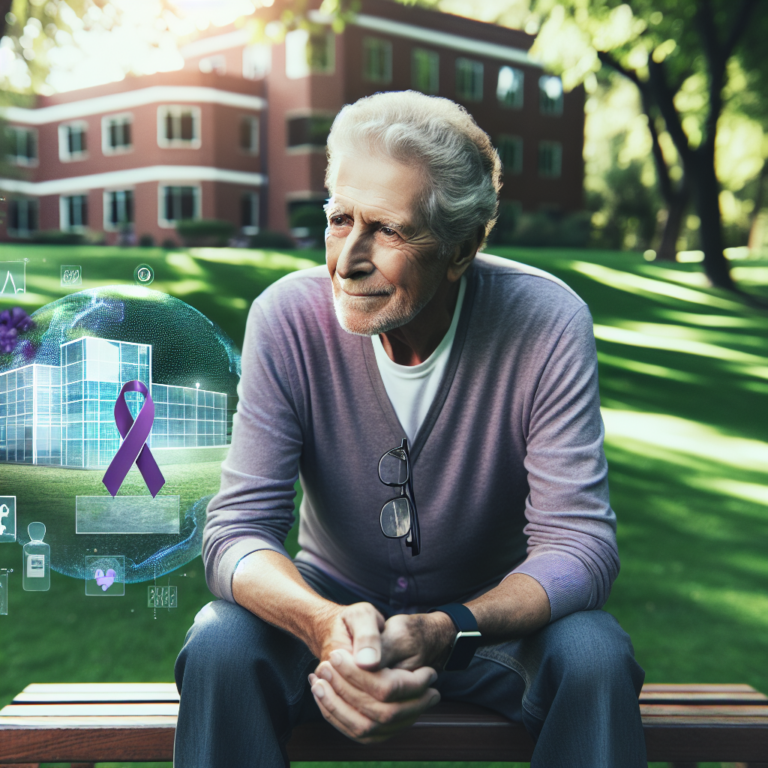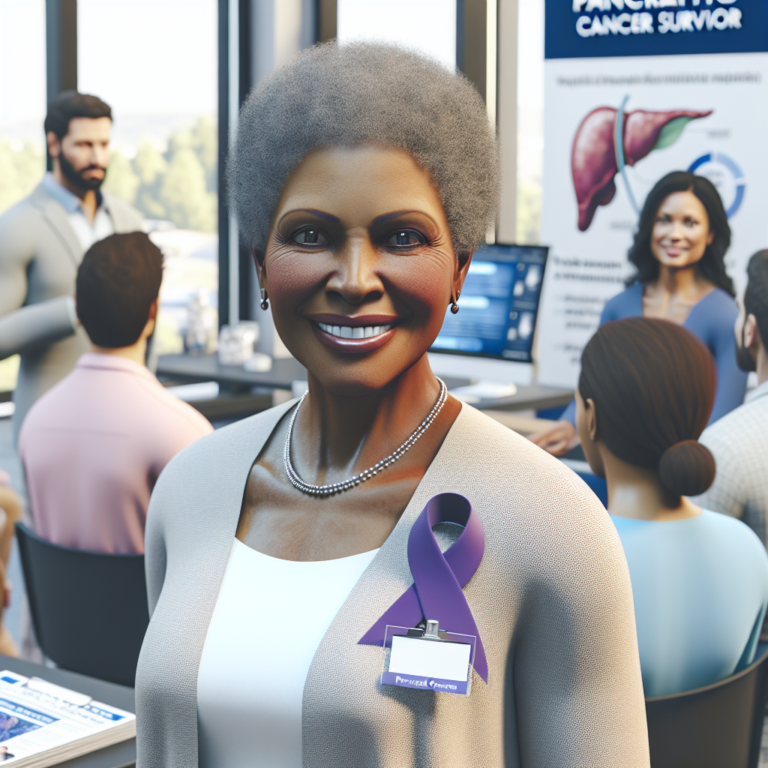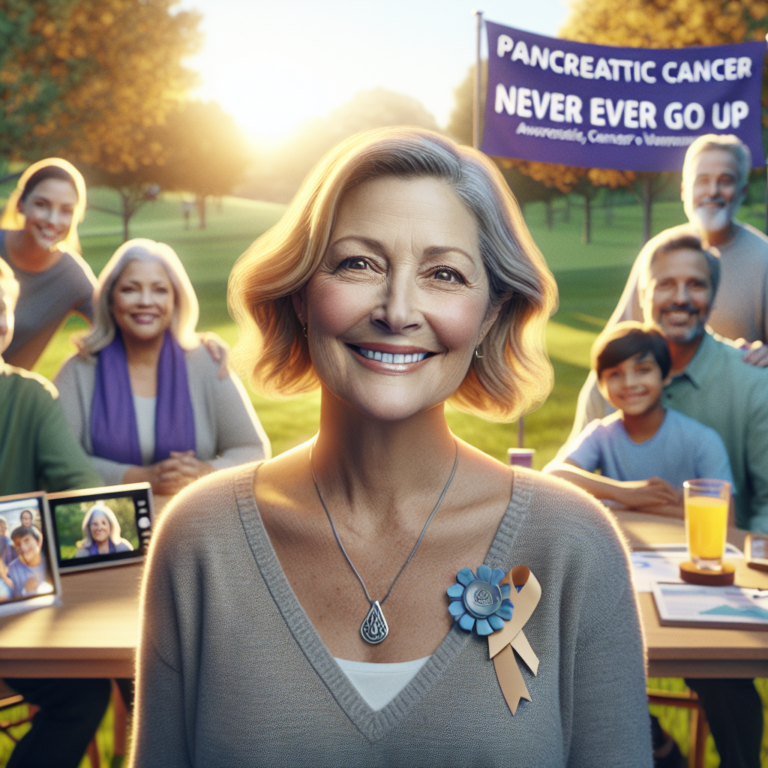How She Became My Lifesaver: A Transformative Journey of Hope and Resilience

When Ronda Ayala received a diagnosis of neuroendocrine pancreatic cancer, she underwent a Whipple procedure and was optimistic when told she was cancer-free. However, her journey didn’t stop there; Ronda transformed her experience into a mission to help others by founding the Whipple Warriors. This initiative allowed her to connect with Maryann Wahmann, the founder of the Neuroendocrine Cancer Awareness Network (NCAN), who urged Ronda to get further screenings, emphasizing the risk of recurrence. Ronda took Maryann’s advice, leading to the discovery that her cancer had indeed returned. Gratefully, she acknowledges, “She saved my life.”
A New Chapter in Advocacy
Ronda’s determination to raise awareness about neuroendocrine cancer showcases the power of advocacy. Her work through the Whipple Warriors has not only provided support to others facing similar battles but also created a community of survivors and supporters. By sharing her story, Ronda hopes to inspire others to prioritize their health and seek the necessary check-ups.
- Advocacy Impact: Ronda’s advocacy has led to greater awareness about neuroendocrine cancers.
- Community Support: The Whipple Warriors initiative fosters a sense of belonging among patients and survivors.
- Importance of Screening: Regular check-ups can be life-saving, especially for those with a history of cancer.
Empowering Others
Ronda’s experience highlights the significance of having a support system during challenging times. If you or someone you know is newly diagnosed, it’s essential to gather information and seek help.
What Steps Should You Take When Diagnosed?
- Educate Yourself: Understand your condition and treatment options.
- Reach Out for Support: Connect with advocacy groups or communities.
- Regular Follow-ups: Ensure you have consistent check-ups for early detection.
For those looking to support a loved one undergoing treatment, it’s vital to understand their needs and provide compassionate care.
How Can You Help?
- Listen and Be Present: Sometimes, just being there is enough.
- Assist with Daily Tasks: Offer to help with chores or errands.
- Encourage Open Communication: Create a safe space for them to express their fears and concerns.
By understanding the challenges faced by cancer patients, you can play an essential role in their journey. To learn more about supporting loved ones during treatment, visit this resource.
Conclusion
Ronda Ayala’s story is a powerful reminder of resilience and the importance of advocacy in cancer care. Her commitment to raising awareness about neuroendocrine pancreatic cancer not only highlights the need for ongoing vigilance after treatment but also illustrates how community and support can significantly impact one’s journey. For those newly diagnosed or supporting someone in treatment, remember that you are not alone, and resources are available to guide you through these challenging times.






